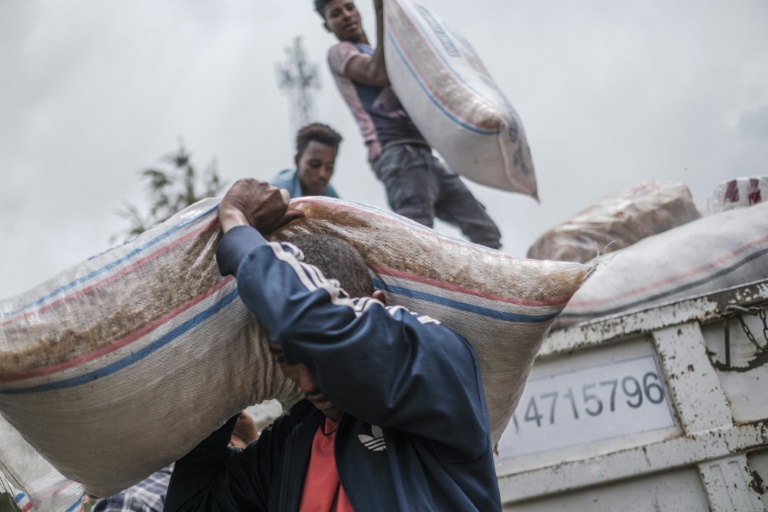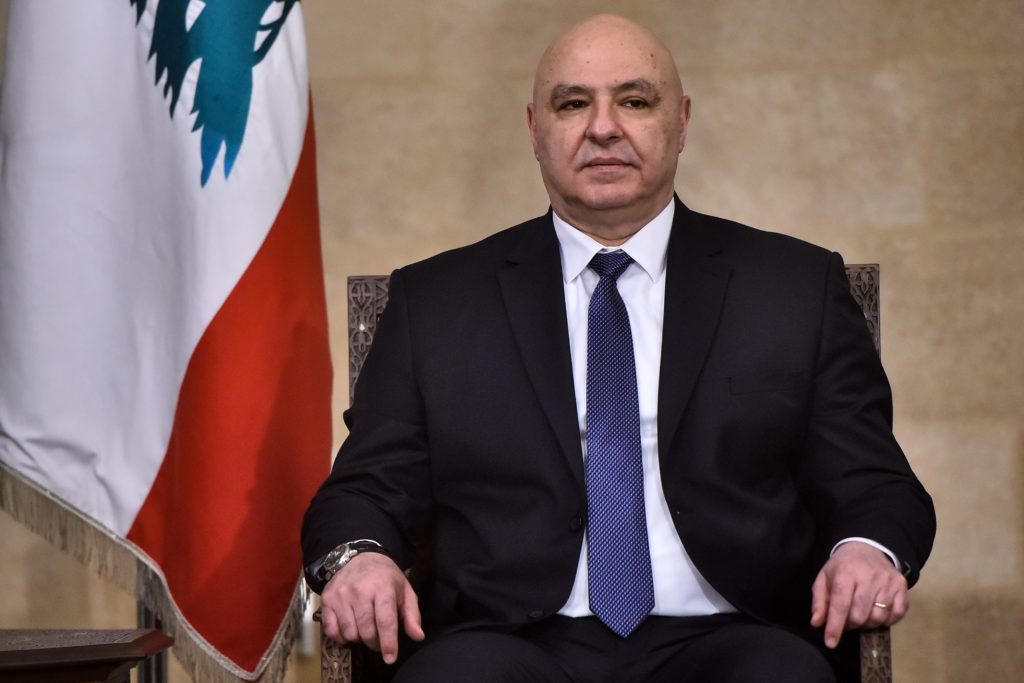The UN warned of “unprecedented” malnutrition among pregnant and lactating women in Ethiopia’s war-hit Tigray region, in a report published hours after the government sparked outrage by expelling senior UN officials.
The latest situation report from the UN’s humanitarian coordination office, posted online late Thursday, also described “alarming” malnutrition among children as fears of mass starvation grow nearly 11 months after northern Ethiopia erupted in conflict.
“Of the more than 15,000 pregnant and lactating women screened during the reporting period, more than 12,000 women, or about 79 per cent, were diagnosed with acute malnutrition,” the report said.
The level of moderate malnutrition among children under five “is also exceeding global emergency threshold of 15 per cent, at about 18 per cent, while cases of children with severe malnutrition is 2.4 per cent, above the alarming 2 per cent level,” it said.
On Thursday Ethiopia announced it would expel seven senior UN officials for “meddling” in its affairs, including the local heads of the UN children’s agency UNICEF and its humanitarian coordination office.
UN Secretary-General Antonio Guterres said he was “shocked” by the decision, and diplomats said an emergency UN Security Council meeting would be held behind closed doors Friday to discuss the matter.
The UN officials were given 72 hours to leave the country.
In a statement released late Friday, Ethiopia’s foreign ministry accused the officials of diverting “humanitarian assistance to the TPLF” — the Tigray People’s Liberation Front, which has been locked in a months-long battle with government troops.
It said the officials were responsible for the “dissemination of misinformation and politicisation of humanitarian assistance”, but provided no proof to support any of the claims.
“We are confident that the provision of humanitarian assistance will not be affected due to this measure,” the ministry said.
The UN’s humanitarian chief Martin Griffiths has previously condemned accusations by Ethiopian government officials that aid workers were biased in favour of — and even arming — the TPLF, calling the claims unfair and dangerous.
Prime Minister Abiy Ahmed, winner of the 2019 Nobel Peace Prize, sent troops into Tigray last November to topple the TPLF, then the regional ruling party, a move he said was in response to TPLF attacks on army camps.
Fighting ground on for months before Tigrayan rebels retook the regional capital Mekele in June and government forces largely withdrew from the region.
Since then, the TPLF has launched offensives into neighbouring Amhara and Afar regions and the humanitarian crisis has worsened.
– Signs of ‘siege’ –
Tigray itself is receiving only about 10 percent of the aid it needs, and in July the UN warned that 400,000 people across the region had “crossed the threshold into famine”.
The UN situation report published Thursday said that during the week ending Tuesday, 79 aid trucks had reached Tigray from Afar.
“This brings the number of humanitarian trucks that entered the region since 12 July to 606 trucks, or 11 per cent of the trucks needed.”
Federal officials blame the TPLF for obstructing deliveries, but a US State Department spokesman told AFP last week that access to essential supplies and services was “being denied by the Ethiopian government” and that there were “indications of a siege”.
“In this time of looming famine and heartbreaking need, the Government of Ethiopia continues to take steps to prevent aid from reaching the people who need it,” USAID chief Samantha Power said on Friday, condemning the expulsions.
The TPLF also slammed the expulsions, calling them “the latest addition to the criminal behaviours that the regime has adopted as acceptable tactics”.
In September the UN sounded the alarm over hundreds of aid trucks it said had “not returned” from Tigray, though the TPLF said this was due to obstructions drivers faced while entering from Afar, currently the only viable road route into Tigray.
The UN has been able to operate 17 passenger flights from Addis Ababa to Mekele since July.
However the EU humanitarian air bridge, initially expected to provide fairly regular service, has only been able to operate one flight since it was inaugurated on September 11.










